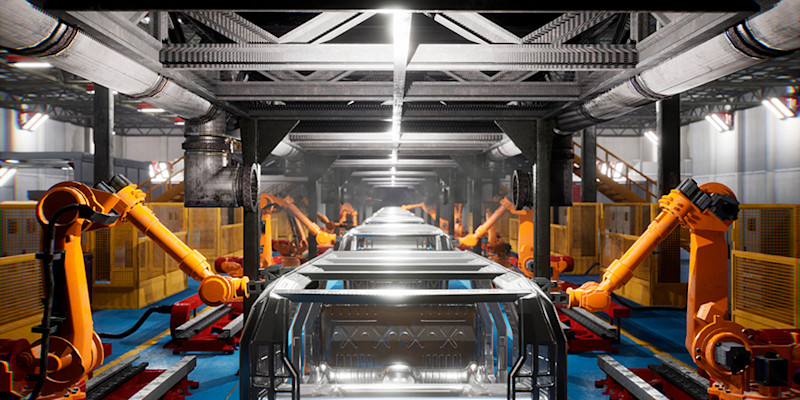In his presentation “AI-powered Process and Quality Monitoring for Automotive Welding,” Matteo Dariol will discuss the value of data process monitoring and visualization in predicting weld quality and the important role of the cloud and edge computing in enabling the solution. His team has been working on this challenge for several years for a major OEM and is currently piloting its weld spot analytics (WSA) solution for the OEM as well as several tier-one suppliers.
“There is a wealth of data available from industrial operations today that can be harnessed to improve operations, increase product quality, and reduce waste,” said Dariol. “That said, certain domains are more complex than others in terms of boiling down the relevant data, and we tend to focus on these types of challenges.”
A typical car has 4,000-8,000 welded spots performed by hundreds of robots in its assembly by OEMs and subassembly by tier-one manufacturers. A key challenge affecting welding operations is nugget size prediction – assessing the quality of thousands of weld nuggets to confirm they meet minimum size standards. The size of the nugget drives the quality of the weld, and if they do not meet standards, the weld must be rejected. Destructive tests have been the only reliable method to determine whether a spot was welded according to quality specifications – a costly solution – and there have been no tools to help welding engineers determine which welds or automotive parts should be tested.
“Welding operations has traditionally faced a number of challenges. Controllers have provided data only at a cell level, making it difficult to cross-correlate data from other cells to determine the quality trend of a part as it moves along the line,” said Dariol. “WSA software is accessible to all welding controllers on the shop floor and relevant information can be quickly and easily obtained.”
WSA is helping welding engineers make faster, more accurate decisions about weld quality. By leveraging the data available in the welding controller – voltage, current, and other data – nugget size can be predicted and compared to AI-based models to enable engineers to make rapid, accurate quality assessments of nugget size.
Matteo will also discuss the role of both the cloud and edge computing in enabling the solution, the importance of the edge to the cloud, the importance of the cloud to AI, and why a scalable and flexible system like the cloud is necessary to collect and analyze the large quantities of data necessary for creating complex machine learning models. Edge computing is secure, happens on the shop floor, and allows data computations to happen in real time. It limits the amount of data that needs to be sent to the cloud, saving time and money.
Lastly, Matteo will discuss the evolution of software from cumbersome legacy solutions to those with an intuitive look and feel that do not require a user manual to use.
To add this presentation to your MySpark planner or read more about Matteo, visit https://directory.imts.com/8_0/sessions/session-details.cfm?scheduleid=665.
To see the full agenda for the AMT Technology Forum, visit https://www.imts.com/spark/ExclusiveConferences/AMTTechForum.html.






